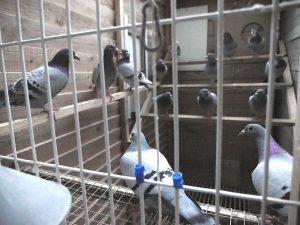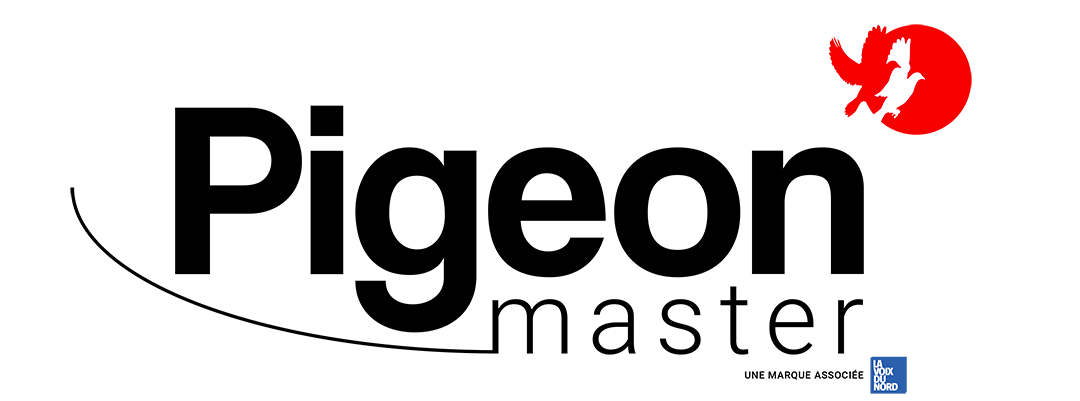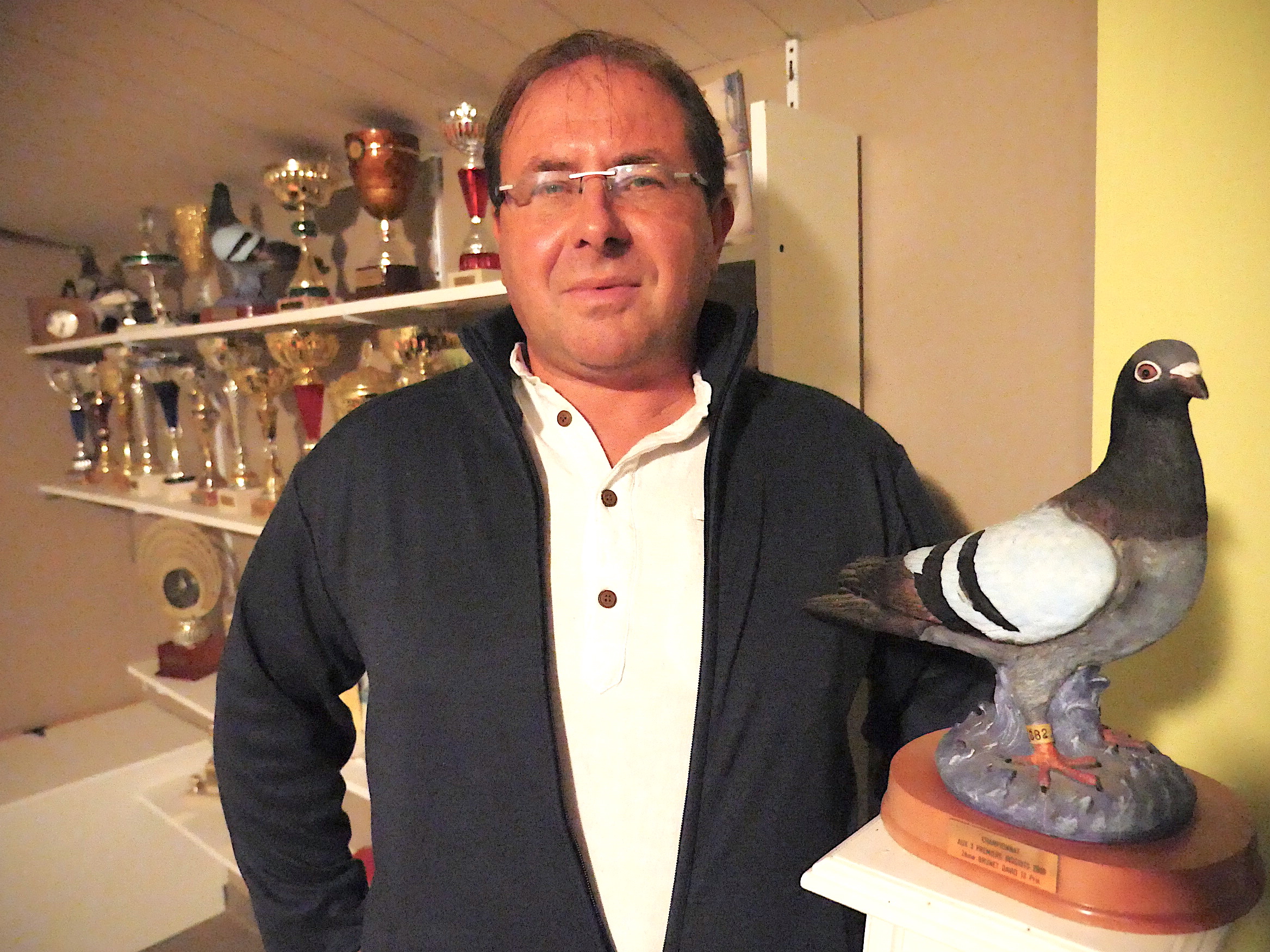
Continuation and end of our meeting with David Brunet, French speed champion in 2020 (among others), from Cappelle-Brouck, near Dunkirk, with, on the programme, an update on the treatments administered, his favourite competitions, his sporting project and some advice… common sense.
– What do you think the perfect pigeon would look like?
“It’s quite simple: it has a silky plumage, it’s intelligent and healthy. I would like to say something that has taught me a lesson. In the past, I have had some excellent pigeons that I have exhausted through competition. You have to pay attention to that. I also remember some pigeons that didn’t compete at all in the early days but were excellent competitors later on. That’s why I don’t watch too much competitions for youngsters anymore. It has to be said that today, I find that the pigeons are more fragile than in the past. My strategy, therefore, is to leave the youngsters alone. It is necessary to know how to give them time to immunize them. »
– How important is the pharmacopoeia to you?
“I limit myself to what is strictly necessary. I treat common illnesses and make the compulsory vaccinations, of course, and eventually I take care of the respiratory tract. For this, I give Adjusol. I limit the number and quantity of treatments to the maximum as soon as the season starts, even if it is still necessary to purge. This is unavoidable. And I administer Levamizol for the worms. It would be irresponsible to enter pigeons in the competition without treatments. There is a minimum, at the risk of losing some on the way. »

– What are your favourite competitions?
“The 200 km. It’s fast, you lose less pigeons, you have free time. On the long distances, we sometimes leave a lot of pigeons on the road, as it happened to me in 2003: five on the tile! But I’m going to test anyway. I give myself three years to succeed. Otherwise, among the 200 km, Pontoise is the competition I prefer. Clermont too. On the other hand, I’ve never played any Barcelona. »
– What memories do you have of these competitions?
“I won first prize in 1981 in Angerville, more than twenty minutes ahead of time. I replayed this pigeon the following Sunday and it won another first prize. Unfortunately it was stolen from me in 1983. »
– What do you think of major international competitions?
“I have the impression that many take part in them more for a question of prestige than purely sporting reasons, even if, at a given moment, one joins the other. But I’m in no position to talk because I’ve never tried it before. »

– What advice would you give to people just starting out?
“You have to start with good pigeons and ideally you should start with a serious and honest amateur. Then you have to be patient: the first good results only come after a long journey. It is also useless to have too many pigeons in the beginning. It is also important to start with speed because this gives a very good basis. First of all you have to learn how to play. The pigeon fancier is a profession, even if you are an amateur. Me, I have made my hand with the youngsters and I have always had in mind not to miss any important stage. Then, of course, as soon as you feel ready, it’s good to tackle long distances. Something also to know: rarely, at the beginning, a beginner will fall like magic on people who will explain clearly how to proceed. You learn exclusively by yourself, by doing as many tests and mistakes as possible, even if you can benefit from practical advice on food, playing techniques… But the “how to play”, so to speak, is never transmitted as simply as you think. I read a lot of books for this, I had to gain a lot of experience to be a little happy with myself. And then you have to love this sport. And don’t hesitate to take a break if, for a variety of reasons, you no longer enjoy it. »
INTERVIEW BY DAVID SAGOT






